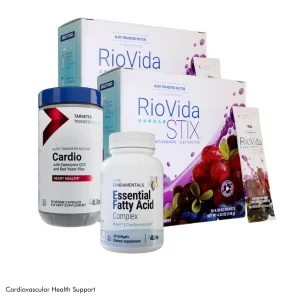Cognitive & Brain Wellness (Alzheimer’s)
$176.00
Supports long-term cognitive function and mental clarity. Features Recall and AgePro for brain cell nourishment and memory. Essential Fatty Acids provide key support to the nervous system and help improve mental agility.






Reviews
There are no reviews yet.